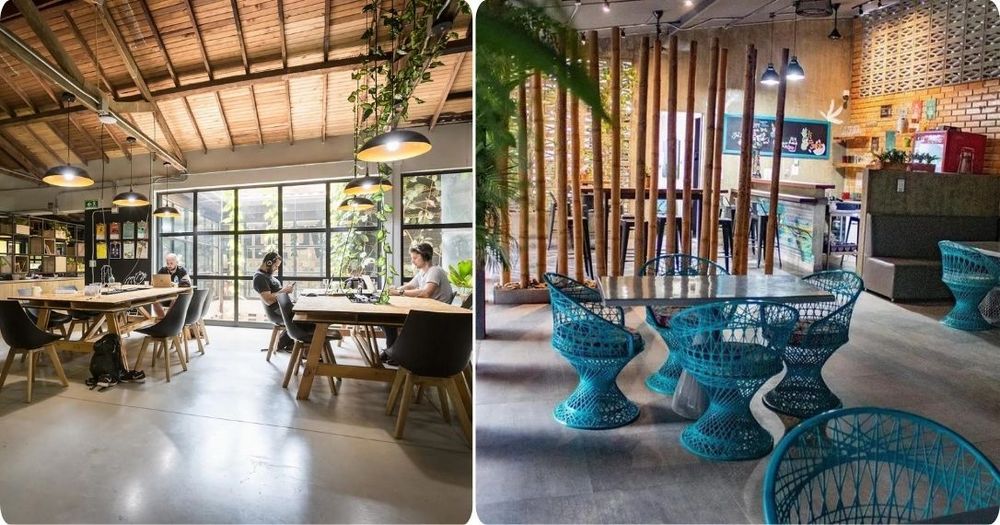
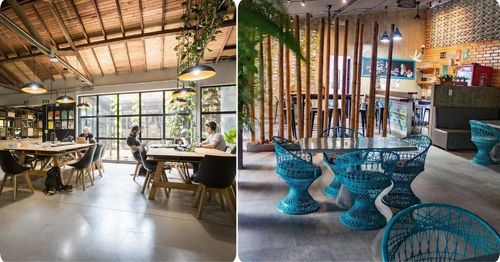
What is remote work. Understanding the future of employment

02 July, 2024
Share this article
Table of Contents
Remote work has rapidly evolved from a niche employment option to a mainstream workforce strategy. The global shift towards flexible work arrangements has raised numerous questions, such as "what is remote work?" and "what does remote work mean?" This article aims to delve into the "remote work meaning" and answer the frequently asked queries surrounding this modern work model.
Defining Remote Work
Remote work, often referred to as telecommuting or work from home, is a work arrangement where employees perform their job duties outside of the traditional office environment. This can include their home, a coworking space, a café, or any location with internet access.
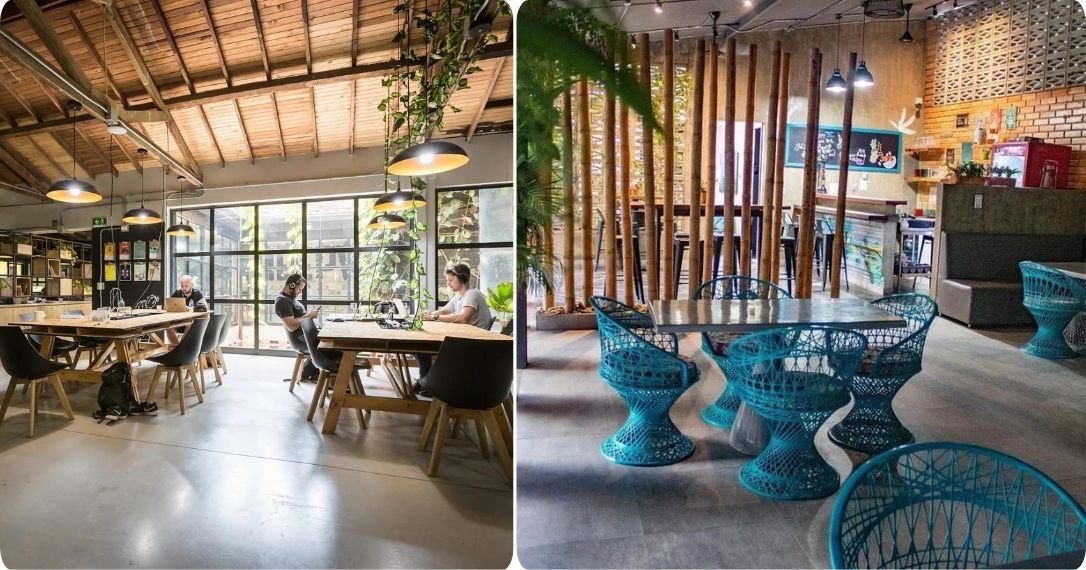
It involves more than just working away from the office; it signifies a shift in how organizations operate and how employees interact with their tasks and colleagues. Remote work requires both digital communication tools and regular in-person meetings to maintain productivity and collaboration.
Real also: In-Person Collaboration for Remote Teams
The "remote work meaning" encompasses flexibility, autonomy, and often a better work-life balance for employees. It allows individuals to manage their schedules more effectively, reduce commuting time, and work in an environment that suits their personal needs.
What Does Working Remotely Mean?
Working remotely involves performing job duties outside of the company's physical office space. This highlights the capability to carry out work responsibilities from any location other than the traditional office, emphasizing independence and the use of technology to stay connected with colleagues and clients, but meeting regularly in person to maintain the cohesion of the team and the engagement levels.
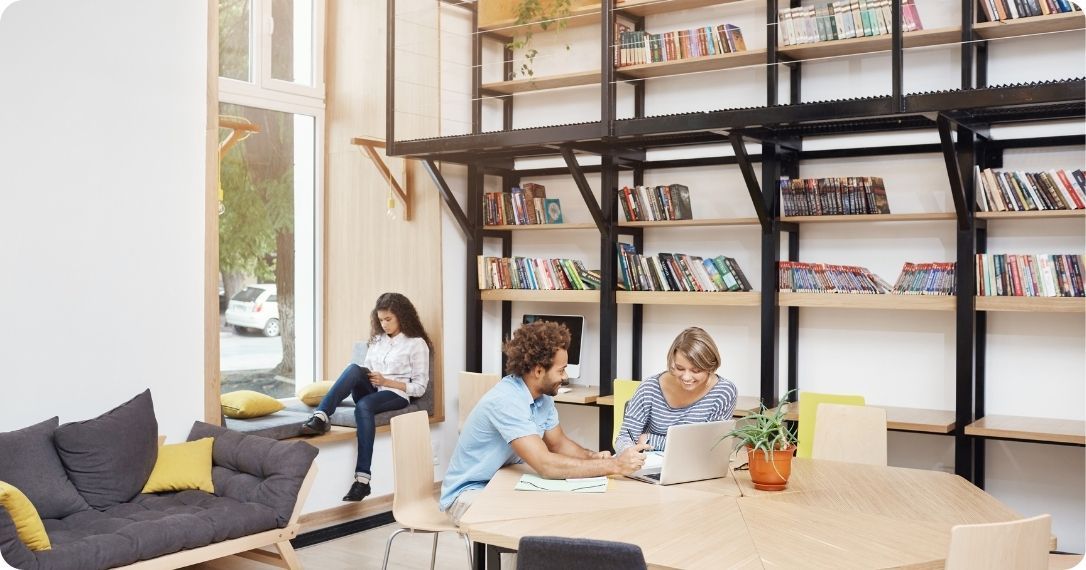
It also refers to the practice of fulfilling job roles from a remote location, a concept that has gained traction due to advancements in technology, the availability of multitude of flexible spaces, with a growing emphasis on work-life balance.
Read also: Top Coworking Spaces in Bogotá
Understanding what it means to work remotely involves recognizing the freedom it offers employees to choose their work environment. This can lead to increased job satisfaction and productivity, as employees often find they can focus better without the typical office distractions or the long commuting times.
Pluria: Revolutionizing the Hybrid Work Environment
Pluria is transforming the office into a lifestyle suited for the hybrid world, focusing on "Time Well Spent." This concept promotes less time on virtual meetings and more on meaningful in-person interactions. With Pluria, employees can book a different workspace every day, enhancing inspiration and collaboration.

The platform supports strong teamwork, life-enriching activities, and dynamic client engagements, creating a vibrant and flexible workspace. Pluria's vision is to make the office of the future accessible, offering numerous options for high-performing remote teams, all integrated into one app.
Read also: Top Coworking Spaces in Mexico City for Focused Employees
Recent Statistics on Remote Work
Recent studies and surveys provide compelling data on the prevalence of remote work and the importance of getting together as a team in a physical space:
Gallup Report (2024): One in five employees report experiencing loneliness frequently the previous day. Loneliness is more prevalent among employees younger than age 35 compared to those aged 35 and older. Both working men and women report loneliness at a rate of 20%.
Flex Index 2024: 83% of organizations now offer some form of remote work options, up from 71% in 2022, indicating a significant increase in acceptance and integration of remote work practices.
Upwork Study (2022): By 2025, an estimated 36.2 million Americans are projected to be working remotely, reflecting an 87% increase from pre-pandemic levels, demonstrating the enduring impact of remote work on the U.S. labor market.
Owl Labs Report (2022): 70% of respondents who transitioned to remote work during the pandemic reported improved work-life balance, and 77% reported increased productivity while working remotely.
Buffer’s State of Remote Work (2022): 97% of remote workers expressed a desire to continue working remotely, at least some of the time, for the remainder of their careers. Additionally, 98% would recommend remote work to others.
Conclusion
Remote work represents a transformative shift in how we view employment. By understanding "what is remote work", "what does remote work mean," and related queries, we can appreciate the benefits and challenges this model presents. As technology continues to advance, remote work is likely to become an even more integral part of our professional lives, offering flexibility, autonomy, and improved work-life balance.
Sources
- Gallup (2024). "State of the Global Workplace"
- Flex Index 2024
- Upwork (2022). "Future Workforce Pulse Report"
- Owl Labs (2022). "State of Remote Work"
- Buffer (2022). "State of Remote Work."
Remote work
Keep up to date with our most recent articles, events and all that Pluria has to offer you.
By subscribing to the newsletter you agree with the privacy policy.

In the last two years I’ve been working remotely from over 20 countries but no part of the world compares to Latin America: countries and cultures spreading over two continents with climates[...]
04 December, 2023

A massive move to hybrid work
In 2022, 60% of companies will switch to a hybrid working model, and a third of them will fail on their first attempt to work from anywhere, Forrester p[...]
04 December, 2023
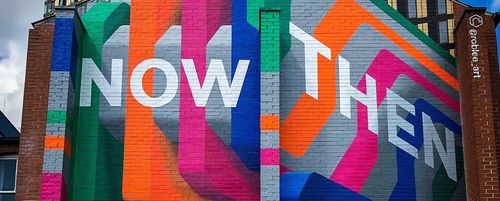
When the employees in the most innovative company on the planet rally against their CEO because he wants them back in the office three days a week, it is a sign that it is not enough to be innovative in tec[...]
04 December, 2023